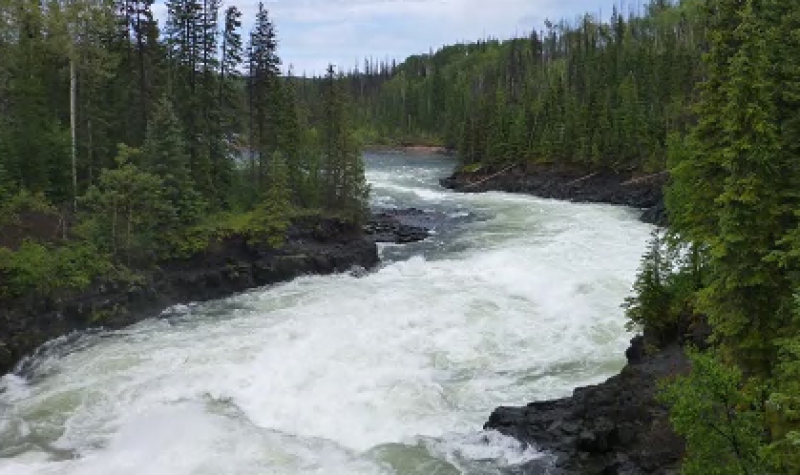In collaboration with volunteers from the Cheslatta Carrier Nation, University of Northern British Columbia researchers under Environmental Sciences Professor Dr. Stephen Dery are launching a new study to better understanding the influence of Pineapple Express atmospheric precipitation on rivers in the region and what it means for the future of the Nechako River Watershed.
The Tahtsa Ranges Atmospheric Rivers Experiment (TRARE) is one component of the Natural Sciences and Engineering Research Council of Canada (NSERC)/Rio Tinto Industrial Research Chair in Climate Change and Water Security project led by Drey.
Although these storms are usually good for ground water sources and help keep river and lake levels healthy, they can also be devastating to local communities.
“While these storms often replenish critical water resources, the adverse, and often violent, conditions that accompany them such as flooding, washouts and landslides can damage infrastructure and endanger the health and well-being of ecosystems and communities,” Déry says. “With climate change, it is anticipated these ‘rivers in the sky’ will become more frequent and intense along B.C.’s coast. It is therefore critical to understand their nature and impacts including within the Nechako Watershed.”
20 sites will be included in the study and it is scheduled to last until the end of the year.


